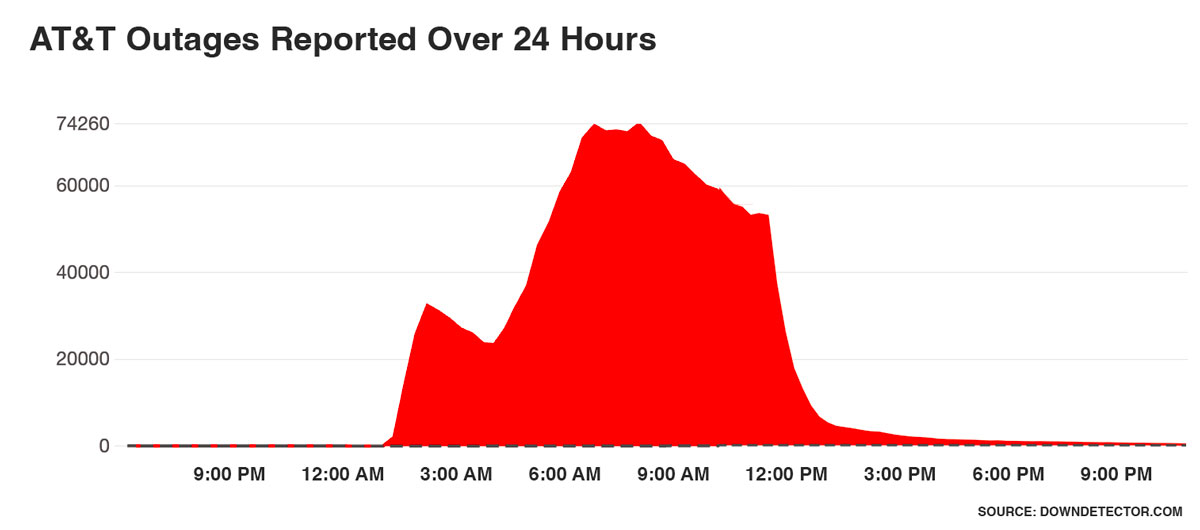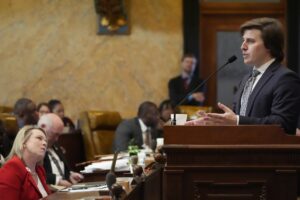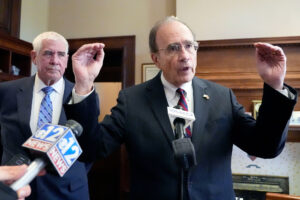Thousands of Americans woke up Thursday morning to a nationwide AT&T cellular service outage, leaving many people unable to make calls, send texts or access the internet without using Wi-Fi.
More than 74,000 AT&T customers reported outages to Downdetector on Thursday starting at about 3 a.m. CST. By 10:15 a.m., AT&T had restored service for 75% of its customers, the phone company said in a statement. At 2:10 p.m., AT&T said all customers could access wireless service.
“Keeping our customers connected remains our top priority, and we are taking steps to ensure our customers do not experience this again in the future,” AT&T said on its website.

The U.S. Cybersecurity and Infrastructure Security Agency, FBI and Department of Homeland Security were investigating the outage to determine whether it was a cyber attack, hack or technical error, ABC News reported on Thursday.
Charlie Walter, an assistant professor of computer and information sciences with a focus on cybersecurity on mobile and wearable devices at the University of Mississippi, said it was unlikely that a cyber attack caused the service outage and instead suggested a hardware update or human error made the issue in an interview Thursday. The most dangerous threat to technology is not hackers but employees who do not check hardware properly, he added.
“It really does show an obvious weakness in the cellular services throughout the country, really, and especially the places that are most likely to be attacked are very attackable,” he told the Mississippi Free Press on Thursday.
On Friday morning, AT&T blamed a “coding error” for the nationwide outage without elaborating.
Though some Verizon and T-Mobile customers also reported service outages, Charlie Walter said only AT&T’s actual network went down.
“All of the others were using AT&T’s network in places where they have agreements to share network resources,” he said.
Walter said AT&T and other phone companies need to learn from this outage to ensure it does not happen again. Preventing outages from reoccurring lessens the threat on cybersecurity for communication lines, he said. But the likelihood of an entire network going down is “very slim,” he added.
“The United States, and most of the world, has always had a big problem with protecting our infrastructure from cyber attacks,” the professor said, adding that the U.S. built its systems upon older systems before the internet and could use modernizing.
Adding more devices to a network can make it harder for the entire network to go down but easier for a criminal to hack into a person’s device, Walter said.
“Cell service especially has become kind of vital to our day-to-day lives and so it has become a really enticing area for an attacker to target,” he said. “If they’re able to get in, if they’re able to take service down, they could do a lot of damage.”










